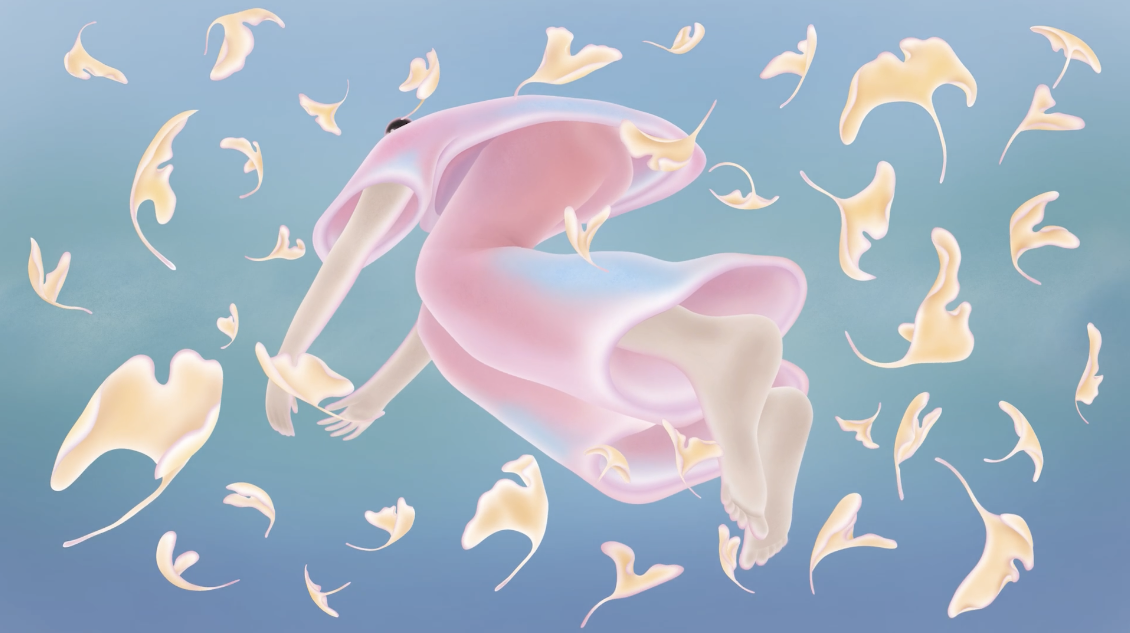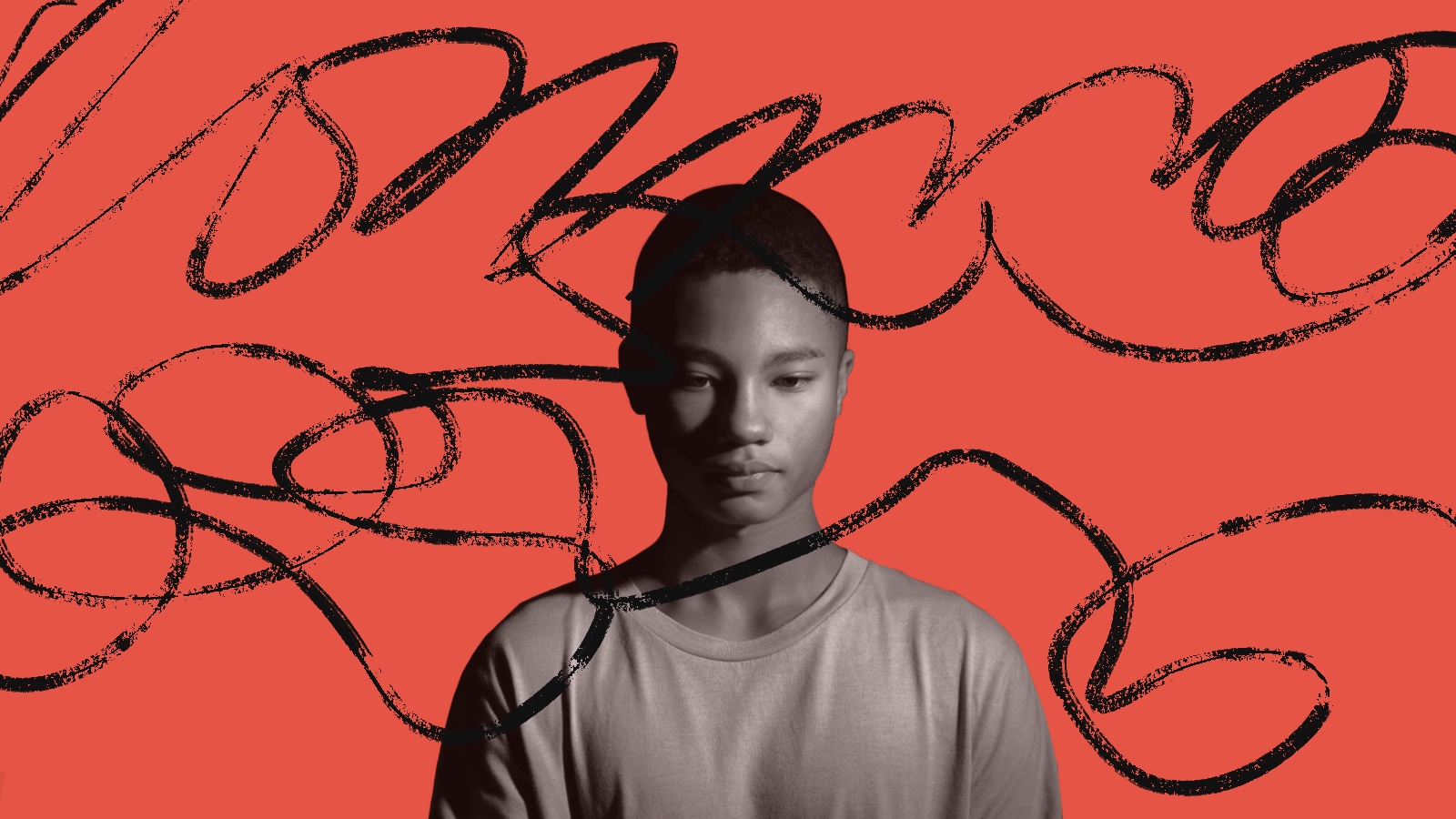Can Reflecting On Death Make You More Altruistic?

Death comes for us all in time, and that notion is quite terrifying. One group of researchers recently found that when people approach certain birthday milestones, there tends to be a spike in life-altering decisions from running a marathon to having an affair. But there’s another way to feel good and stave off those feelings of death: through giving.
Charles Dickens’ Scrooge is the poster child for this effect. In realizing his own life would come to an end some day, he changed his ways and became more giving (and happier because of it). Tom Jacobs from Pacific Standard writes on a recent study that revisits the Scrooge phenomena and explains how awareness of our finite time on this Earth can prompt altruistic behavior in us all.
Researchers out of Poland write in their study, published in the Journal of Experimental Social Psychology:
“Acting pro-socially in the face of mortality thoughts effectively soothes death anxiety, and in turn produces psychological satisfaction.”
The scientific term for this behavior is “terror management theory,” and it’s defined as how “people deal with the potential for anxiety that results from the knowledge of the inevitability of death by holding on to sources of value that exist within their cultural worldview.” In short, people will attempt to transcend death by creating something that will live on after they’ve died by contributing to a cause and doing good works or believing in an afterlife.
So, what about us average Joes? The researchers tested this theory on a group of students, asking one group of participants to fill out a “fear of death” questionnaire, while another group filled out a questionnaire about dental-pain anxiety.
After completing their questionnaires, the participants spent some time distracting themselves with a short crossword puzzle. The students were then presented with two envelopes labeled “Me” and “Player Two.” They were told to divide 30 Polish zlotys (about $8) between the envelopes. To raise the stakes, participants were also told that one-third of participants would “receive real payoffs after the study.”
Not only did people who were prompted with thoughts of death put more into the “Player Two” envelope, but also researchers write that they “derived higher joy from giving more.”
The researchers concluded in their paper “that acting pro-socially in the face of mortality thoughts effectively soothes death anxiety and in turn produces psychological satisfaction.”
Read more at Pacific Standard.
Photo Credit: Matthias Ripp / Flickr





